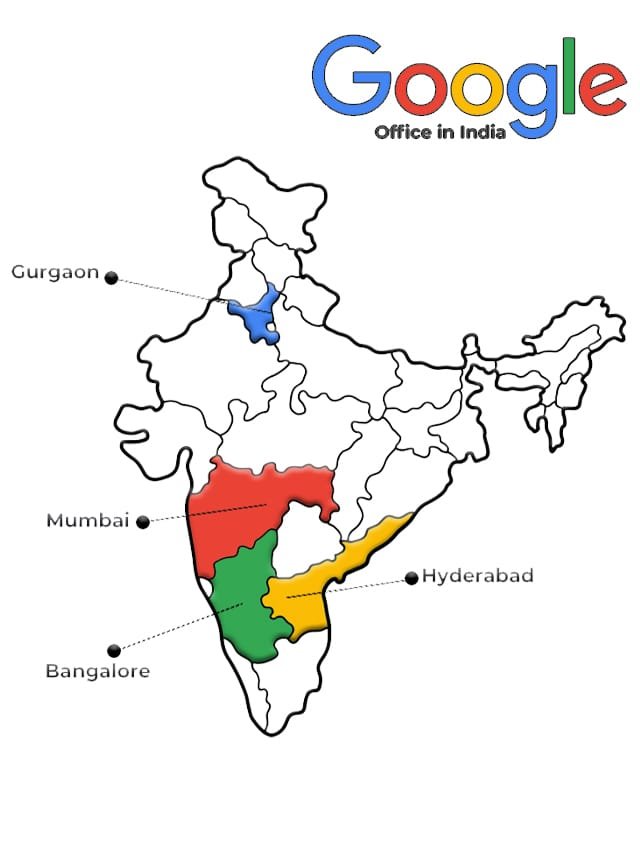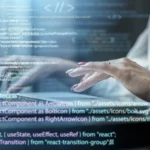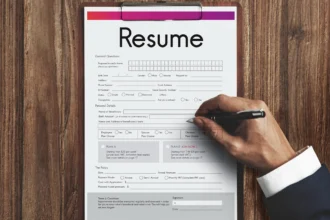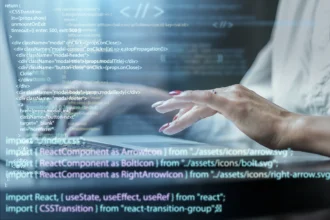Are you ready to embark on your Python learning journey? Python is one of the most popular programming languages due to its simplicity and versatility. Whether you’re aiming to become a data scientist, web developer, or automation expert, learning Python is an excellent step forward. But where do you start? How can you learn Python easily and efficiently? This article is designed to answer these questions and provide you with actionable tips to kickstart your Python programming skills.
1. Start with the Basics
Before diving into complex projects, ensure you have a strong understanding of Python basics. This includes syntax, variables, data types, and basic operations.
Key Areas to Focus On:
- Variables and Data Types
- Basic Operators
- Conditional Statements
- Loops
2. Utilize Online Resources
There are countless online resources available for learning Python. Websites like Codecademy, Coursera, and Udemy offer comprehensive courses. Additionally, YouTube is a goldmine for free tutorials.
Top Online Resources:
- Codecademy: Python for Beginners
- Coursera: Python Specialization
- Udemy: Complete Python Bootcamp
3. Practice Coding Regularly
Consistency is key when learning to code. Set aside time each day to practice coding. Use platforms like LeetCode, HackerRank, and Codewars to challenge yourself with problems.
Daily Practice Platforms:
- LeetCode
- HackerRank
- Codewars
4. Work on Projects
Applying what you learn in real-world projects is essential. Start with small projects like a to-do list app, a calculator, or a simple game. Gradually move on to more complex projects.
Project Ideas for Beginners:
- To-Do List Application
- Simple Calculator
- Basic Web Scraper
5. Join Coding Communities
Engage with other learners and experienced programmers. Join forums, social media groups, and local coding meetups. Communities like Stack Overflow and Reddit’s r/learnpython are great places to ask questions and share knowledge.
Popular Coding Communities:
- Stack Overflow
- Reddit: r/learnpython
- Python Discord Channels
6. Read Python Documentation
The official Python documentation is an invaluable resource. It provides detailed information on Python’s features, standard libraries, and modules. Make it a habit to refer to the documentation when you encounter something new.
Key Documentation Sections:
- Python Library Reference
- Python Language Reference
- Python Tutorials
7. Use Interactive Learning Tools
Interactive learning tools make learning fun and engaging. Tools like Jupyter Notebooks and Google Colab allow you to write and test code in real-time, helping you understand the output immediately.
Recommended Interactive Tools:
- Jupyter Notebooks
- Google Colab
- Python Tutor
8. Break Down Complex Problems
When faced with a complex problem, break it down into smaller, manageable parts. This approach makes it easier to solve problems step-by-step and reduces the feeling of being overwhelmed.
Steps to Break Down Problems:
- Identify the main problem
- Divide it into smaller tasks
- Tackle each task individually
- Integrate the solutions
9. Learn Debugging Techniques
Debugging is an essential skill for any programmer. Familiarize yourself with debugging tools and techniques. Understand common error messages and learn how to fix them.
Debugging Tips:
- Use print statements to trace code execution
- Learn to use Python’s built-in debugger (pdb)
- Understand and fix common errors
10. Stay Updated with Python Trends
Python is continuously evolving, with new libraries and frameworks emerging regularly. Stay updated with the latest trends by following blogs, podcasts, and attending webinars.
Ways to Stay Updated:
- Follow Python-related blogs and newsletters
- Listen to Python podcasts
- Attend Python webinars and conferences
READ MORE : 10 Web Development Tricks to Boost Your Skills
READ MORE : Best Practices for Web Development with React
FAQs
Q: How long does it take to learn Python?
A: The time it takes to learn Python varies based on your background and the time you dedicate to learning. On average, beginners can become proficient in 3-6 months.
Q: Can I learn Python without any programming experience?
A: Absolutely! Python is known for its simplicity and readability, making it an excellent choice for beginners with no prior programming experience.
Q: What are the best Python projects for beginners?
A: Start with small projects like a to-do list, calculator, or simple game. These projects help reinforce basic concepts and build confidence.
Q: Is Python enough to get a job?
A: While Python is a powerful language and in high demand, having additional skills like knowledge of frameworks (e.g., Django, Flask) and libraries (e.g., Pandas, NumPy) can significantly improve your job prospects.
Q: How can I practice Python regularly?
A: Utilize online coding platforms like LeetCode, HackerRank, and Codewars. Additionally, contribute to open-source projects or build your own projects to practice consistently.
Closing Note
Thank you for reading our comprehensive guide on learning Python for beginners. We hope these tips help you on your journey to mastering Python. Remember, consistency and practice are key. Join the CourseBhai community through social media, push notifications, and newsletters to stay updated with the latest courses, jobs, internships, and more. Happy coding.













